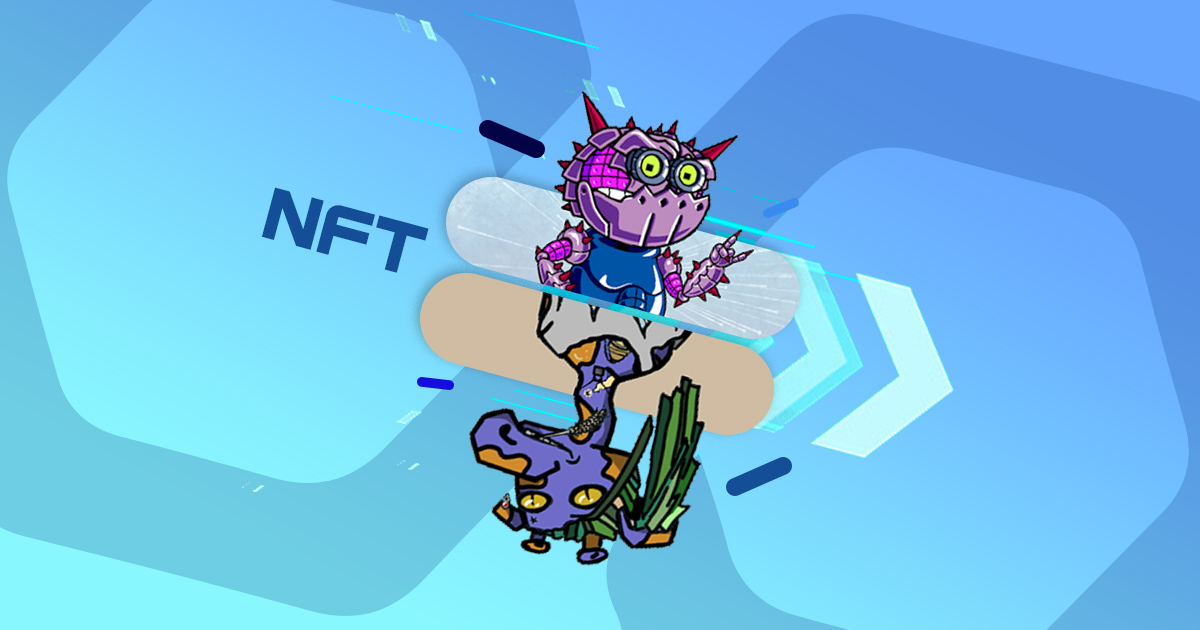Because it is developed from a vigorous way of technology like Blockchain, digitalization is no longer a huge distance in our day-to-day lives. The main reason for this technology's rise was the cryptocurrency boom. NFT stands for Non-Fungible Token and is one of them. NFT is a physical asset that can be represented by a unique id value and can be stored in a crypto wallet. The majority of artists have already switched to blockchain-based NFTs.
Is Polygon a Key part of the NFT Marketplace mechanism?
The Polygon (Matic) connects Ethereum-based projects and runs on the Ethereum blockchain. Using the Polygon platform, a blockchain project's flexibility, scalability, and sovereignty can be increased while maintaining the Ethereum blockchain's security, interoperability, and structural benefits.
Although Ethereum was efficient at the start, the network witnessed all-time high congestion (due to alarming demand). It paved the way for the NFT marketplace on Polygon that provided NFT enthusiasts with the opportunities to buy, sell, and trade NFTs quickly.
NFT Marketplace on Polygon – How it Works?
Anyone who has ever traded on the Ethereum blockchain is well aware of the network's high transaction fees and long fulfillment times. Polygon addresses these issues by offering a decentralized platform for low-cost transactions.
The system employs point-of-stake checkpoints, which could allow millions of transactions on the Blockchain in the future. Polygon's side chains have also been designed to support the Ethereum ecosystem's decentralized finance protocols.
Should You Invest?
Before you pursue the NFT marketplace development in Polygon, you should decide on the niche of your marketplace, whether it is going to be an all-art marketplace or gaming one, or some other.
Upon deciding that, you should hire your technology partner (aka) development company and dwell in the ever-evolving NFT space.

Comments
Post a Comment